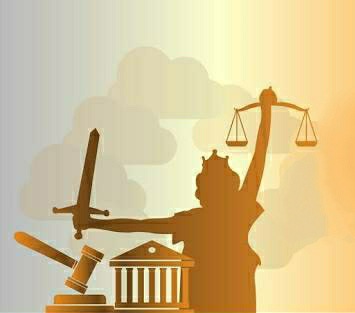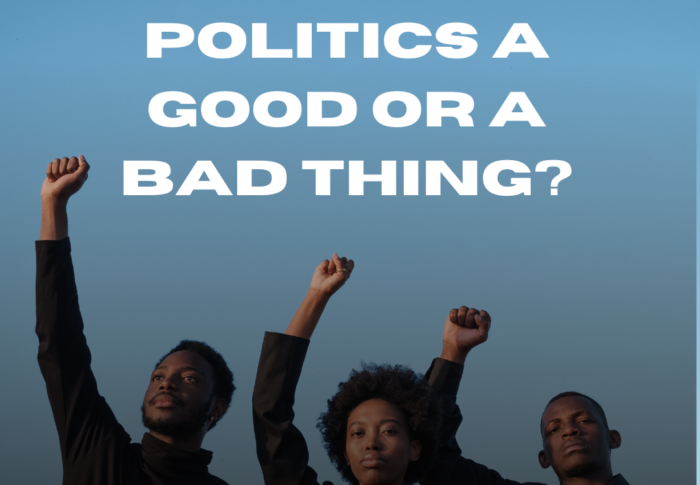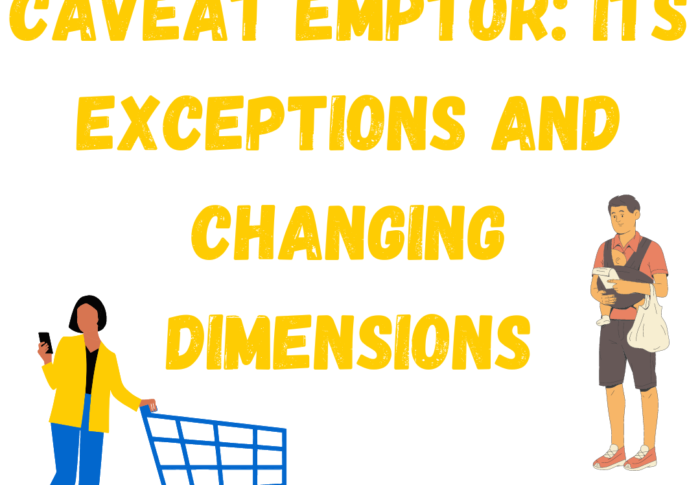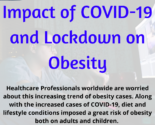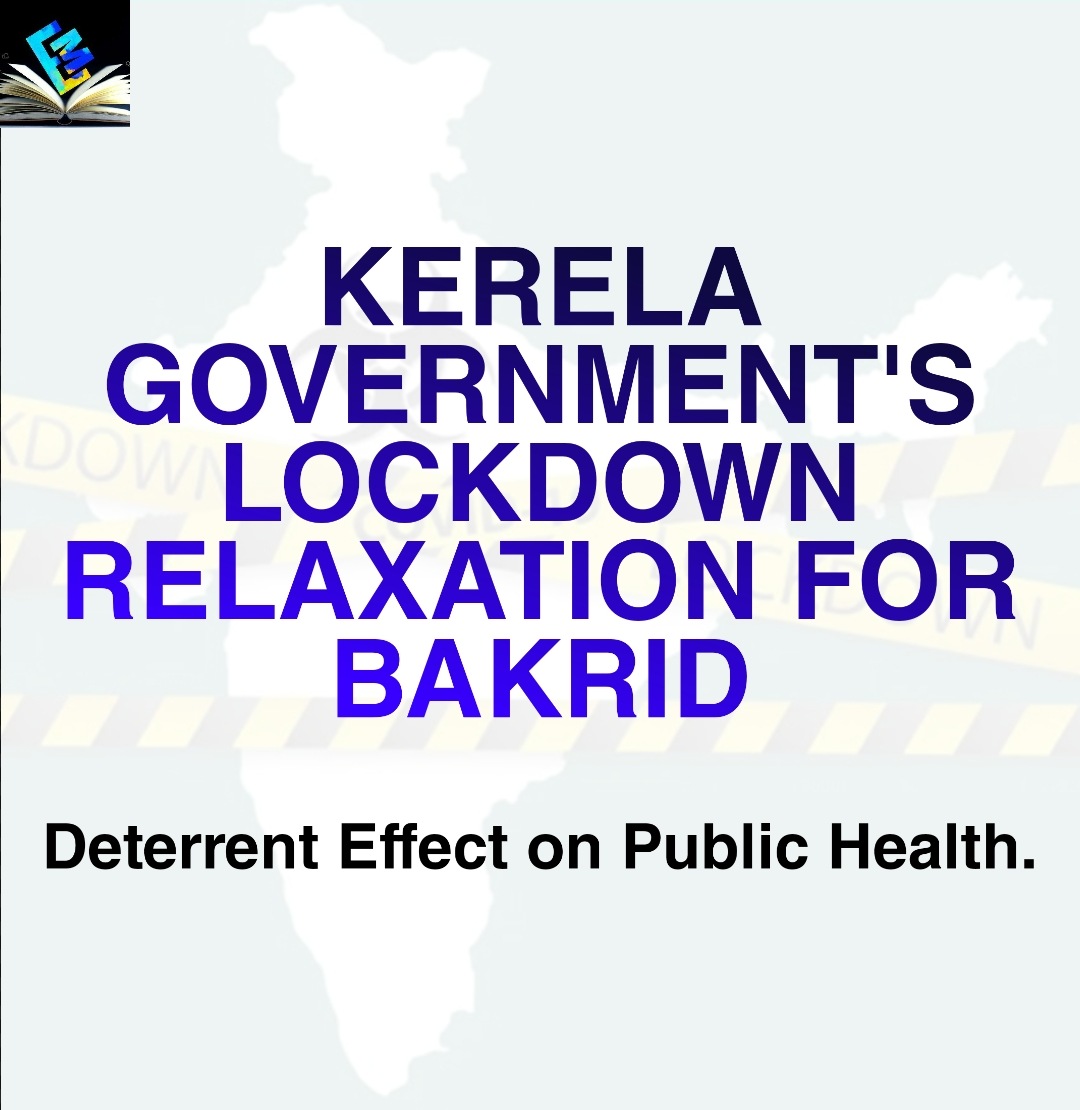
Kerala government’s lockdown relaxation for Bakrid deterrent to Public Health.
The administration of Kerala was criticised for reporting relaxation for Bakrid and the Kerala government informed Bakrid that the restrictions on COVID-19 had been levied in the state over three days, from 18 July to 20 July, in order to alleviate the economic problems of the traders waiting for Bakrid. Earlier The Apex Court urged the State Government on Monday 19 July to respond to COVID-19’s restrictions on three-day breaks. There were considerable disagreements regarding its relaxation, the opposition and the Indian Medical Association have criticised the move of the administration. Non-essential stores in the state, which was opposed by the merchants, could only open on the alternate days. In the easy way to lock down, the state authorities allowed textiles, shops for footwear, jewellery, fantastic stores, shops for domestic and electronic equipment and all kinds of shops that sold essential items to open in the areas of category A, B and C on 18th, 19th and 20th July from 7:00 a.m. to 8:00 p.m. These stores can only operate in regions category D on 19 July. Kerala has been classified by the test positive rate (TPR) into three groups – A, B, C, D – and the transmission rate is shown. In the growing incidents of Corona, the Supreme Court voiced its unhappiness at the government of Kerala’s relaxing of the lockdown in Bakrid. On Tuesday, the Supreme Court said: “The right to live, the most valuable life right for the people of India, cannot be violated by any sort of coercion. Anyone including the public can notify us and take action accordingly if something is unfortunate.
Places of worship were authorised with maximum 40 individuals on exceptional occasions of celebration. Shooting of films should be authorised as per the rules conforming to COVID regulations. The public was warned that people visiting stores and other places may, as far as possible, belong to the category recovered from at least one dosage of COVID/vaccine and observe rigorous protocols. The government of Kerala delayed public holidays from Tuesday to Wednesday for Eid-Ul-Ada (Bakrid).
The holidays are valid for all state government bodies, including all public sector organisations, schools and institutions under the 1881 Negotiable Instruments Act, as GAD Chief Secretary K R. Jyothi Lal noted in a publication on Monday.
‘It is a terrible fact that the government, under pressure from corporate organisations, decides on crucial matters such as easing in lock-downs. In such circumstances, if the rate of spreading corona infection is increased owing to the relaxation in Bakrid and any individual brings this question before the court, the court will not hesitate to act. The Supreme Court stated: ‘We instruct Kerala, together with Article 21 of the Constitution, to give due consideration to Article 44 and to remember our Kanvad Yatra judgement.’ However, no decision has been passed by the court to annul the Kerala Government’s notice of relief in the Bakrid shutdown. Now is the last day of lockdown leisure. Vikas Singh, a senior lawyer appeared for the petitioner and stated that the Court might pass an order in the case.
The Supreme Court had issued a harsh observation on the Kerala administration’s move, earlier this Monday, to modify Bakrid’s regulations. A bench of Justice RF Nariman said the government’s move to relieve the regulations is surprising at a time when there is a medical emergency in the state. The State administration plays with the people’s life. The administration looks prepared to kill individuals in this vital moment. BKD Nambir submitted a request in this case by defender Preeti Singh. Actually, from 18 to 20 July, the Kerala administration agreed in Bakrid to relax under corona rules. In the corona instances, Kerala is now experiencing a record surge. 9,931 new patients were found here in the previous 24 hours. In corona instances, Kerala is high on Sunday in the States. 58 people died of infection in this area on the last day as well. For three days, from Sunday until the beginning of the Bakrid Festival, the Kerala Government advocated relaxing the limits on the covid. The government claimed in an affidavit to the Supreme Court that measures created to tackle Covid-19 had placed individuals in a great deal of hardship. The Supreme Court stated that pressure of any kind cannot infringe on India’s most valuable right to life, and if any unpredictable occurrence occurs, any public will have to put it forward.
The government of Kerala alleged that residents are unhappy with the limitations, “Lockdown cannot be permanently maintained since traders are affected. The curbs frustrate people. Experts indicated that owing to rapid, systemic vaccinations, the state is unlikely to suffer a major third wave.”
Many nations are using community-wide physical (social) distancing measures to stop the rapid spread of the 2019 coronavirus disease pandemic (COVID-19). These measures often include border closings, restricted travel, schools, workplaces, and closures in public places, bans on collection, isolation or quarantine. This is a pandemic control approach known by the World Health Organisation as ‘large-scale public health limitations’ (WHO). In the Clinical Infectious Diseases journal COVID-19 excessively kills critical employees, the poorest people and racialized minorities, according to the study. These lock-downs are the greatest way to reduce transmission, given the dearth of leadership on public health at the federal level.
Various researchers have found that the “premature” relaxation of the state-wide measures meant to contain the COVID-19 pandemic has often led to an instantaneous inversion of public health gains against the disease-causing coronavirus SARS-For Bakrid, Kerala’s lockdown easing is public health politics. It should be criticised.
Although the aim in all states is to suppress transmission and care for all patients, the intensity with which control measures can be implemented — including identifying, testing, isolation and care for all cases, monitoring and quarantine of all contacts, public and social measures at individual and community levels, etc (no cases, first cases, clusters of cases, or community transmission)Kerala’s three-day easing of Bakrid restrictions flies in the face of reasoning that gives political priority over public health. The state, with less than three per cent of the population of India, reports 1/3 of the total cases of Covid.

